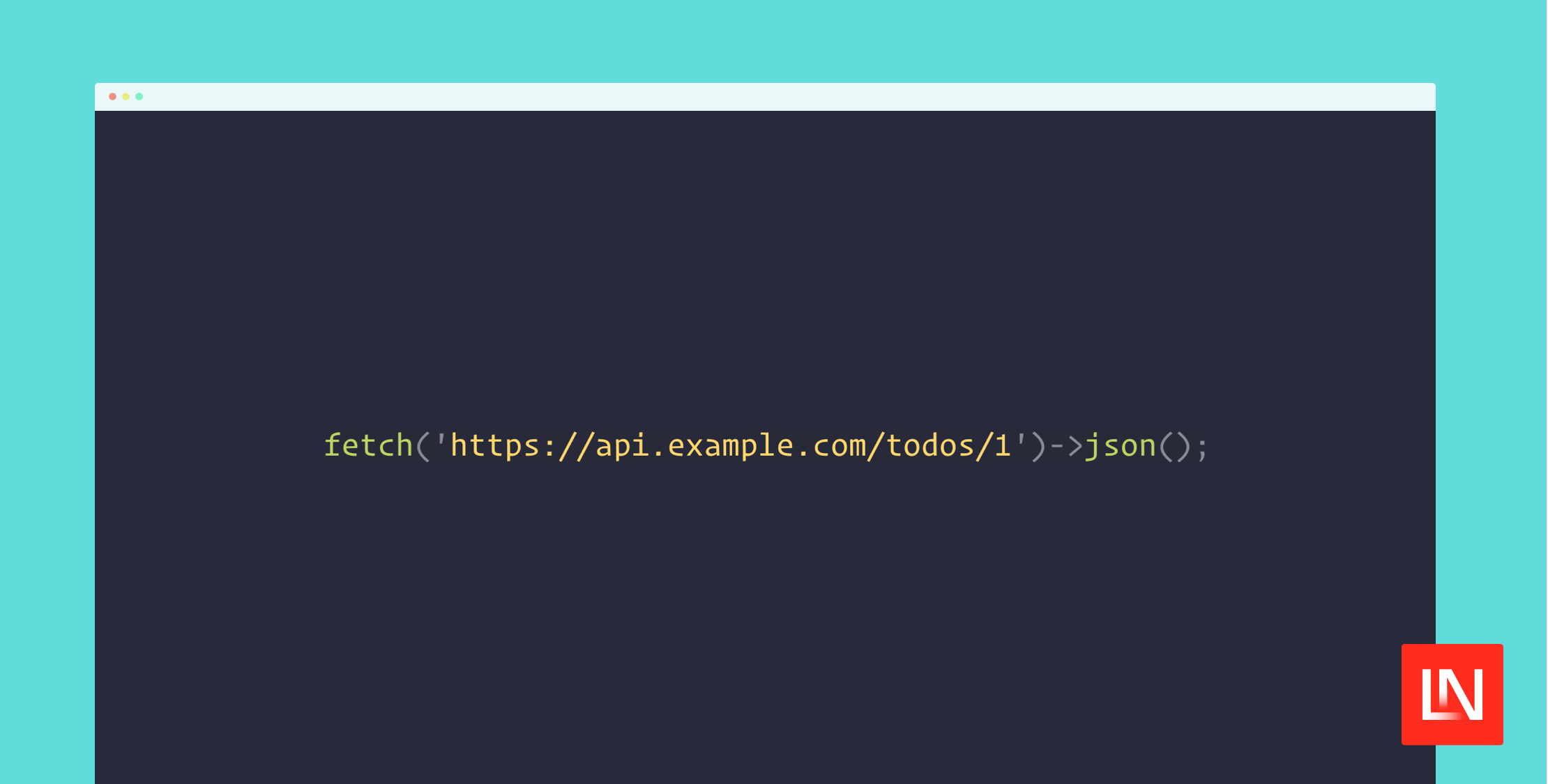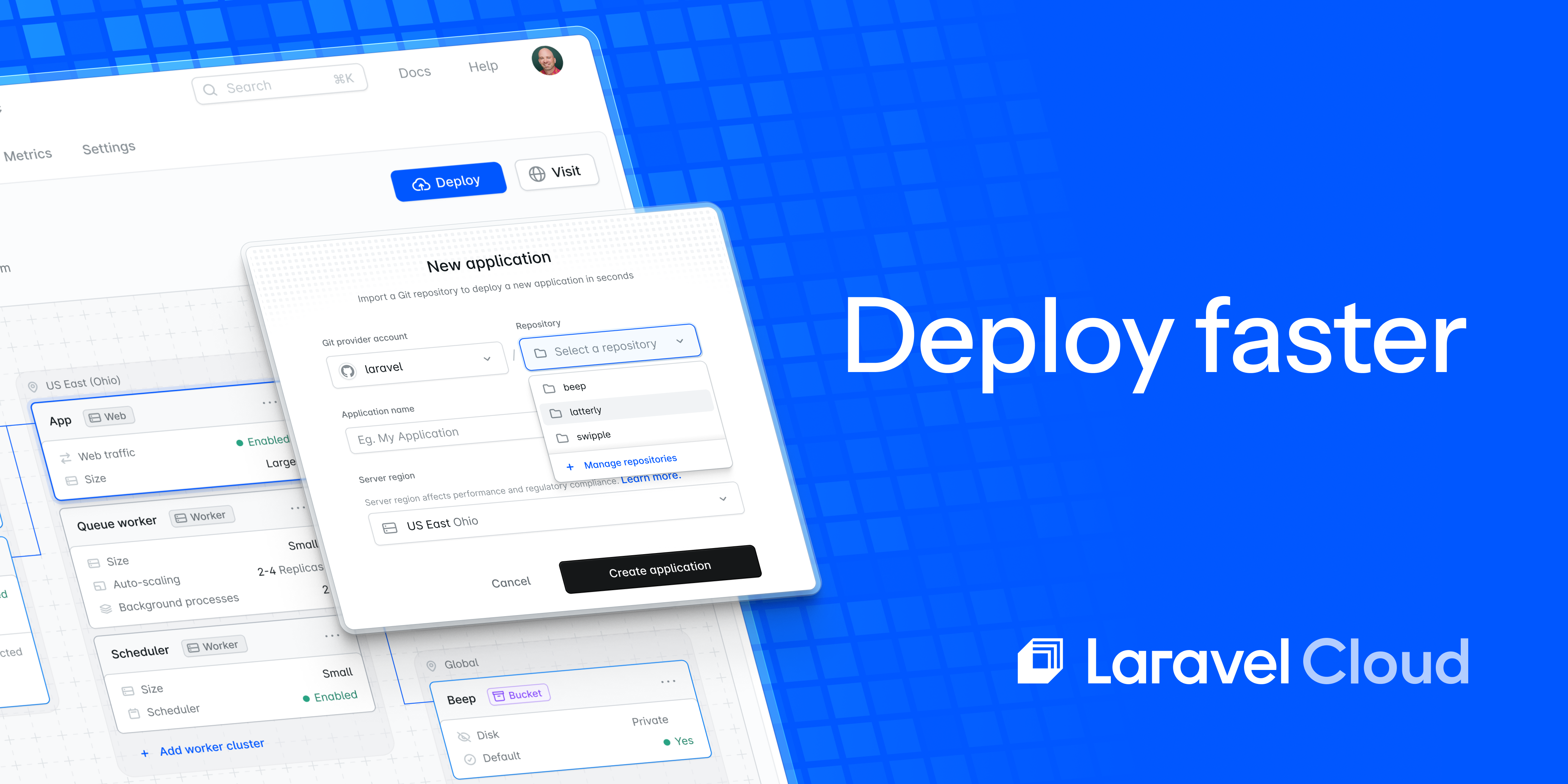Fetch PHP is a Lightweight HTTP Library Inspired by JavaScript's fetch()
Published on by Paul Redmond

Fetch PHP is a lightweight HTTP library inspired by JavaScript's fetch, bringing simplicity and flexibility to PHP HTTP requests. It uses the Guzzle client behind the scenes, offering synchronous and asynchronous requests with an easy-to-use API
I know that Guzzle is king, and I will use Laravel's HTTP client on most projects. However, the Fetch PHP package is just downright fun when you want a no-frills fetch() function:
$response = fetch('https://jsonplaceholder.typicode.com/todos/1'); // Get the JSON response$data = $response->json(assoc: true);print_r($data);/*[ "userId" => 1, "id" => 1, "title" => "delectus aut autem", "completed" => false}*/ // Get the status text (e.g., "OK")echo $response->statusText();Available Response Methods
- json(bool $assoc = true): Decodes the response body as JSON. If $assoc is true, it returns an associative array. If false, it returns an object.
- text(): Returns the response body as plain text.
- blob(): Returns the response body as a PHP stream resource (like a "blob").
- arrayBuffer(): Returns the response body as a binary string.
- statusText(): Returns the HTTP status text (e.g., "OK" for 200).
- ok(): Returns true if the status code is between 200-299.
- isInformational(), isRedirection(), isClientError(), isServerError(): Helpers to check status ranges.
The asynchronous requests use the fetchAsync() function to can be used as follows:
//// Asyc requests//$promise = fetchAsync('https://jsonplaceholder.typicode.com/todos/1'); $promise->then(function ($response) { $data = $response->json(); print_r($data);}); // Wait for the promise to resolve$promise->wait(); //// Error handling//$promise = fetchAsync('https://nonexistent-url.com'); $promise->then(function ($response) { // handle success}, function ($exception) { // handle failure echo "Request failed: " . $exception->getMessage();});You can also pass Guzzle options to the fetch() and fetchAsync() functions for any advanced Guzzle features you'll need. You can learn more about this package, get full installation instructions, and view the source code on GitHub.










